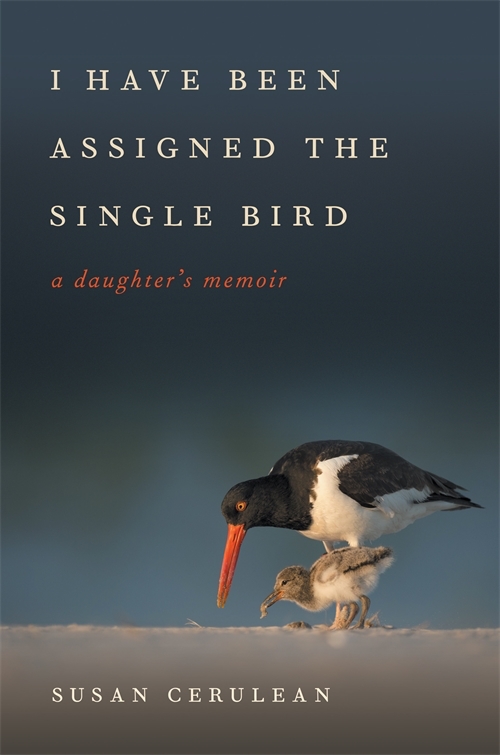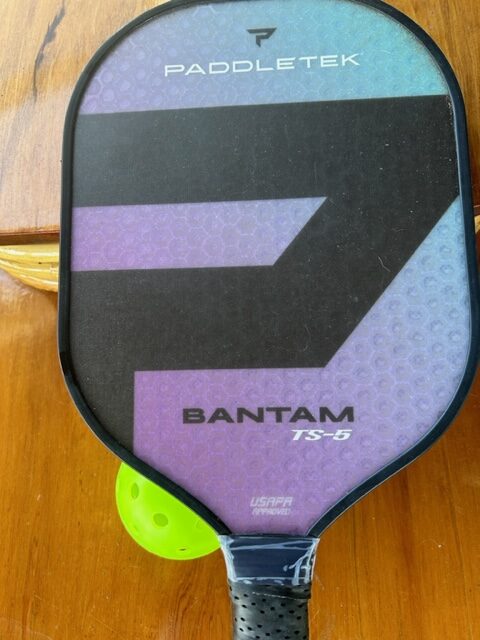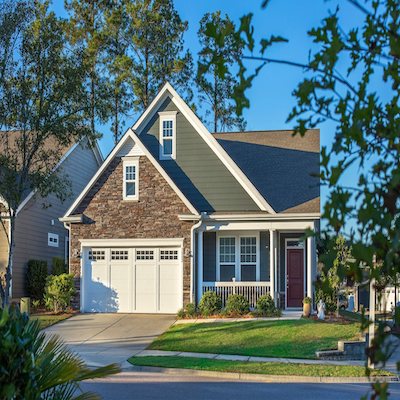Caring for My Father with Dementia: A Memoir
Category: Eldercare
August 2, 2020 — This Article is an excerpt from a new book, “I Have Been Assigned the Single Bird”, by Susan Cerulean. The memoir poignantly recalls her experience caring for her father (my father-in-law) as he suffered from dementia, and makes powerful connections to the natural world around us. We think this excerpt and the book will be of interest to many of our Members who have or will find themselves in a similar situation. Cerulean is a nature writer in Tallahassee, FL.
My father’s fate was some sort of internal lightening inside the brain, strokes that led to dementia, and a long decline. After his wife died, it fell to me and my husband Jeff to care for Dad during the last five years of his life. As many people do, we struggled to reconcile the minutiae of the bedside with our full time work and three sons to raise.
But taking care of my father was the right thing to do.
Within the first three months of Dad’s move to live close to us in Tallahassee, his life had returned to good order. We’d distilled the physical goods of all his previous homes into a small but pleasant space. I’d found a wonderful occupational therapist who had told me: “Your Dad is too high functioning for a lockdown memory unit. Bob is still very able to rise to expectations.” She confirmed my hope that assisted living could work out for him. We’d visited a dermatologist, an eldercare lawyer, an eye doctor, a podiatrist, the dentist. Two molars beyond repair had been excavated, and his teeth had been cleaned and polished.

I thought that with enough resources and kindness, I could raise him up from Alzheimer’s as I had raised my son from a baby to a man. But this was a dementia of my own, to think that I could change the course of this disease.

I am a retired wildlife biologist: I have spent my life watching and monitoring wild bird populations, and also the habitats bird and other wildlife require to live. I’ve watched the numbers of birds drop precipitously, and the climate change drastically, as well. So I as cared for my father in his last years, I began to see parallels between his illness, and what is happening to the planet. Here’s what I’ve come to know: The Earth is the brain and the body into which we were born. In some nearly parallel way, we face not only a crisis in numbers of people diagnosed with dementia; as a culture, we are stricken with this disease and its attending violence. For why else would we knowingly destroy the planet that sustains our very lives?
My deepest desire regarding both my father’s illness and the Earth’s biosphere, was to save, to rescue, to ensure continuance, and for many years, I thought I could. I had been plotting and working and writing my way toward that question my whole adult life. And yet, Florida, and my state’s wildlife, the Earth herself—all the things I dearly loved and wished I could protect—seem no closer to being “saved” than they were before I began. Perhaps saving is the wrong verb.
So what, then, is our part, what can each one of do, to alter the trajectory we ride? How can we bring healing to this world?
The word dementia comes from the Latin demens, meaning madness, or the irreversible deterioration of the intellectual properties of the brain. De (undoing) plus mens (the mind). That’s dementia. Those afflicted with this disease suffer from the paradigm of perpetual growth, the smothering and overexploitation of diversely beautiful and unprotected, common resources. In human dementia, the losses are painfully observable. One by one, the beautiful life forces are dissolved. Dancing, laughing, smiling, problem-solving, memory, and imagination and eventually breathing are all stolen from the individual.
But the dementia affecting our culture is the belief that humans may take and consume whatever we like from the body of the planet—this is different, and herein lies our task. My father was dearly beloved to his family, but after all, a single being with a certain fate we will all ultimately share. But Earth must not be impeded by our destructive greed—whole populations, whole species, whole ecosystems, those we must and can protect.
In his last years, I did for my father everything that I could, with the full and gathering knowledge of the eventual outcome. I knew he would die and he did. Is our Earth also terminally ill? Does the human-induced pace of species extinction and climate crisis ensure that we will also lose our planet, the only home we can ever know?
I believe that we can redeem our species. As Amitav Ghosh has written, the derangement of our times is rooted in how we live. That’s the difference between my father’s illness, and the illness of the Earth: the latter is animated by cumulative human actions, guided by legal and economic systems that treat the natural world as property to be exploited, not as an ecological partner. It follows that to some extent, we can mitigate, if not undo completely, what has been done.
But the work has to start now, and it has to be swift. We are on our own, but we are billions.
Buy the Book: I Have Been Assigned the Single Bird
Susan Cerulean’s memoir trains a naturalist’s eye and a daughter’s heart on the lingering death of a beloved parent from dementia. At the same time, the book explores an activist’s lifelong search to be of service to the embattled natural world. During the years she cared for her father, Cerulean also volunteered as a steward of wild shorebirds along the Florida coast. Her territory was a tiny island just south of the Apalachicola bridge where she located and protected nesting shorebirds, including least terns and American oystercatchers. I Have Been Assigned the Single Bird weaves together intimate facets of adult caregiving and the consolation of nature, detailing Cerulean’s experiences of tending to both
ABOUT THE AUTHOR/EDITOR
Susan Cerulean (Author)
SUSAN CERULEAN is a writer, naturalist, and activist based in Tallahassee, Florida. Her nature memoir Tracking Desire: A Journey after Swallow-tailed Kites (Georgia) was named an Editors’ Choice title by Audubon magazine. Her many other books include UnspOILed: Writers Speak for Florida’s Coast, coedited with Janisse Ray and A. James Wohlpart, and Between Two Rivers: Stories from the Red Hills to the Gulf, coedited with Janisse Ray and Laura Newton
Comments: Have you cared for a loved one in their final days, or is that something in your future? Please share your experiences in the Comments section below.






Comments on "Caring for My Father with Dementia: A Memoir"
Admin says:
The popular mystery writer Julia-Spenser Fleming just posted an interesting article at Jungleredwriters.com about her experiences moving her dad into an assisted living facility. It covers well many of the issues Susan Cerulean explained in her memoir. And it also covered some others, like the aftermath in the home after the person is taken into care. Fortunately her dad knew where he wanted to go, which is one good thing. Very interesting. https://www.jungleredwriters.com/2020/10/moving-dad.html